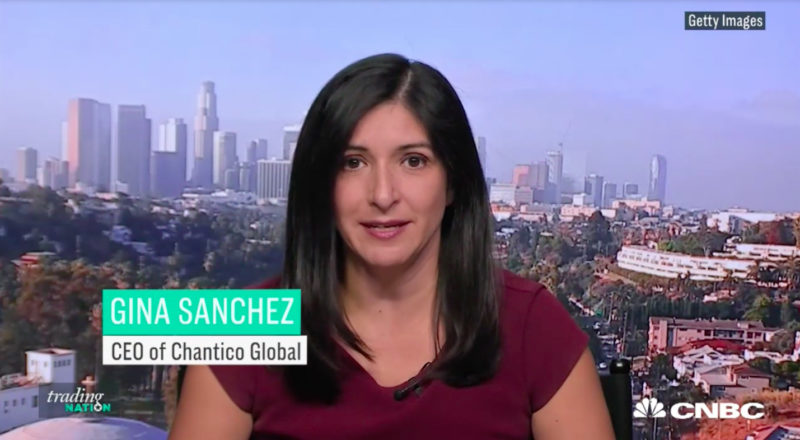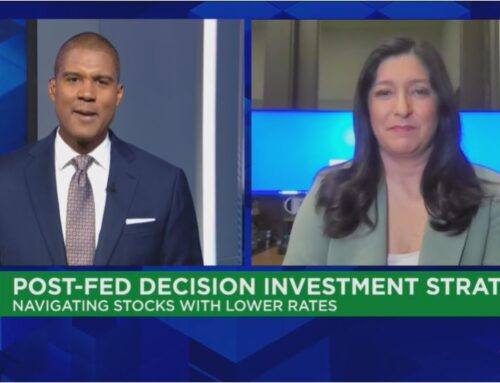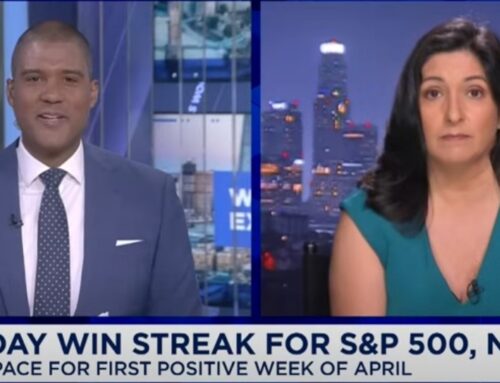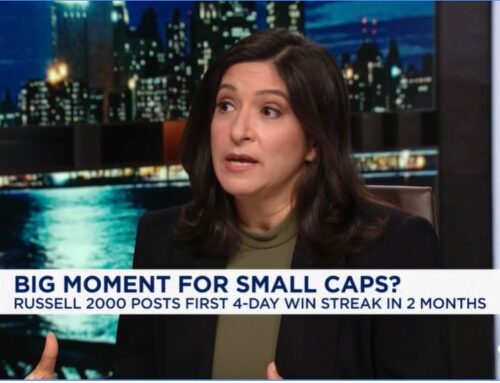Emerging markets are still a solid choice for investors, despite sell-off in China
Emerging markets are still a solid choice for investors, despite sell-off in China from CNBC.
Emerging market equities have been lagging recently, falling over 3 percent in the last week alone. But we’re still long emerging markets, and I believe it’s a larger story than just the recent sell-off in Chinese technology stocks.
That sell-off has raised concerns regarding the health of the emerging markets trade. However, the drivers of this dip came from Chinese authorities and were largely expected.
The drivers of emerging market equities reach far beyond China, and commodities are now being driven by increased manufacturing and a global trade boom. For these reasons, we continue to remain optimistic on emerging markets.
What happened in China?
The Chinese government instituted tough new regulations on online consumer lending platforms, which are made up of payday loans and peer-to-peer lending. Some of them are associated with large holdings in the emerging markets exchange-traded fund like Ant Financial, an Alibaba Group affiliate.
Many of these platforms conduct business without proper government licenses; the China Banking Regulatory Commission has suspended the issuance of all new licenses to online micro lending and is said to be scrutinizing online lending practices. More importantly, banks are being prohibited from buying loans underwritten by these platforms because they are deemed too risky.
Finally, securitizing these loans is now forbidden to avoid an outcome similar to the U.S. subprime crash.
How does this all impact emerging market equities?
While much of this is a continuation of the Chinese debt bubble, the move suggests that it has gotten out of the regulators’ control. As they move to let the air out of this bubble, we are seeing faling prices for industrial metals and other raw goods. Many of these loans were being used to purchase homes, keeping the housing bubble in China inflated.
This will hit commodities exporting nations, but not as hard as one might expect.
What is offsetting this?
We see a global trade boom continuing to drive emerging markets as global Purchasing Manager indexes show continued growth in demand for manufactured goods. For example, Korea is already registering signs of slowing Chinese demand but is still showing 9.6 percent year-on-year growth for November exports. However, we continue to watch the tone out of Washington, since a shift toward more protectionism could put a dent in this.






